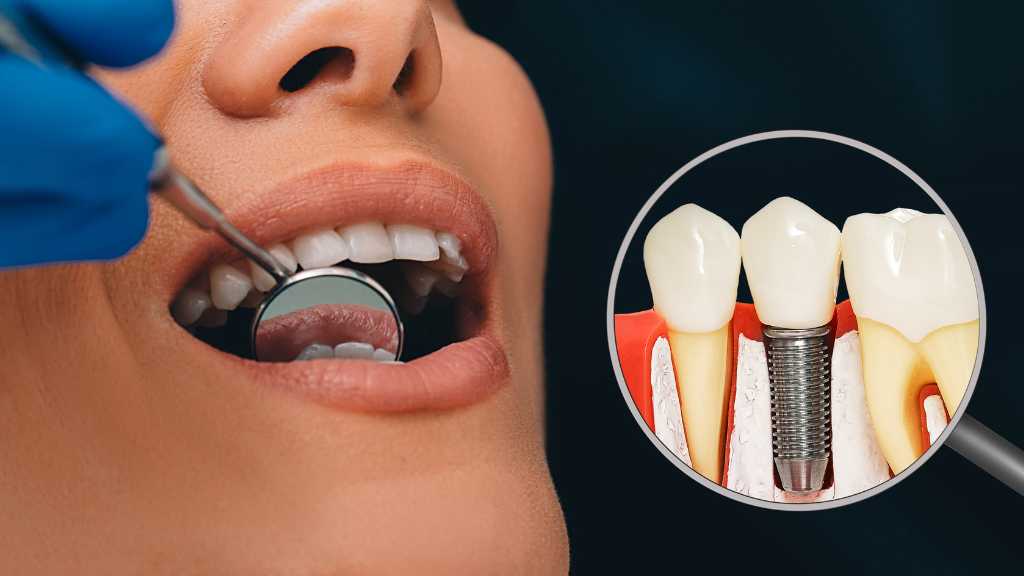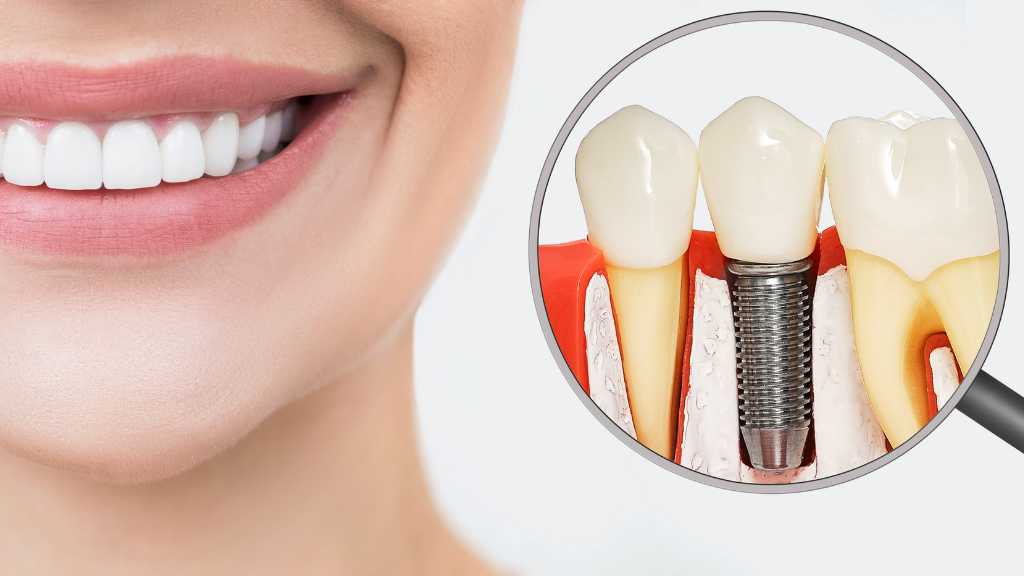Here are some of the most common questions we receive from our clients in Airdrie and some tips for overcoming them.
Dr. Darnell Dickson, Airdrie dental implant dentist at You First Dental:
“Dental implants are a popular and effective solution for replacing missing teeth, offering a range of benefits that make them a top choice for many patients. Unlike other tooth replacement options such as dentures or bridges, dental implants are designed to look, feel, and function like natural teeth, allowing patients to eat, speak, and smile with confidence. Dental implants have become one of the most effective and stable ways to replace missing tooth roots as well as the part of the tooth that is seen and used, dental implants are a long-term investment in your oral health, providing a durable and reliable solution that can last for decades with proper care.
If you are considering dental implants, it’s important to understand the concerns that many people have and to address them before going into any treatment process. In this blog, we’ll take a closer look at some of the most common concerns that patients have when it comes to Airdrie dental implants, and offer some tips for overcoming them.”
1. How much do dental implants cost in Airdrie?

2. Do I need surgery with dental implant treatment?
Another common concern that patients have when considering dental implants is the surgery involved. While the procedure is generally well-tolerated, it can still be intimidating for some people. However, it’s important to remember that implant placement is a routine procedure for many dentists and oral surgeons.
3. What is the healing time after getting dental impants?
Dental implants require a period of healing before the restoration can be placed on top of the implant. During this time, patients may need to follow certain dietary restrictions and avoid certain activities to ensure that the implant properly integrates with the jawbone.
4. Are there any risks associated with dental impants?
While dental implants have a high success rate, there is always a risk of implant failure or complications such as infection. However, it’s important to remember that implant failure is rare, and when it does occur, it can often be corrected with additional treatment.
To help address concerns about the success rate of dental implants, your dentist can provide you with detailed information about the risks and benefits of the procedure. They can also offer tips for minimizing the risk of complications, such as maintaining good oral hygiene and following up with regular dental appointments.
5. Do dental implants require much maintenance?
Once your dental implant is in place, it’s important to maintain good oral hygiene to ensure its longevity. Although they cannot get tooth decay, they do require cleaning and maintenance just like our natural teeth. Regular brushing and flossing, as well as routine dental appointments to monitor the implant and ensure that it is functioning properly, are a must for long term success.
6. Is dental implant treatment painful?
Many people are anxious about the potential pain associated with the implant placement procedure or dental work in general. However, it’s important to remember that the clinical team at You First Dental will take steps to minimize your discomfort during the procedure.
To help address concerns about pain, your dentist can offer various forms of sedation or anesthesia to help you feel more comfortable during the procedure. They can also provide you with detailed information about what to expect during and after the procedure, including any potential discomfort and how to manage it.
7. Are my jaw bones okay for dental implants?

Some patients may be concerned about the possibility that they do not have enough bone density in their jaw to support an implant. However, there are various techniques and technologies available today that can help address this issue, such as bone grafting or the use of smaller implants. In fact, they can actually preserve the jawbone by transmitting forces to the bone which helps maintain good bone levels.
8. What do I do if I have allergies?
In rare cases, patients may have allergies or sensitivities to certain materials used in the implant or the surgical procedure itself. To address this concern, your dentist will carefully evaluate your medical history and take steps to minimize any potential risks.
9. Are dental implants durable?
10. Do dental implants function like a regular tooth?
Dental implants are designed to function as close as possible to natural teeth and can provide a similar level of functionality. While they may not be identical to natural teeth, dental implants offer several advantages and are considered one of the best alternatives for replacing missing teeth.
“Dental implants can be a great option for replacing missing teeth, but it’s important to understand and address any concerns you may have. At You First Dental, we can help provide you with detailed information about the entire dental implant procedure at our Airdrie dental implants clinic, as well as offer tips for managing any concerns or anxieties you may have.




